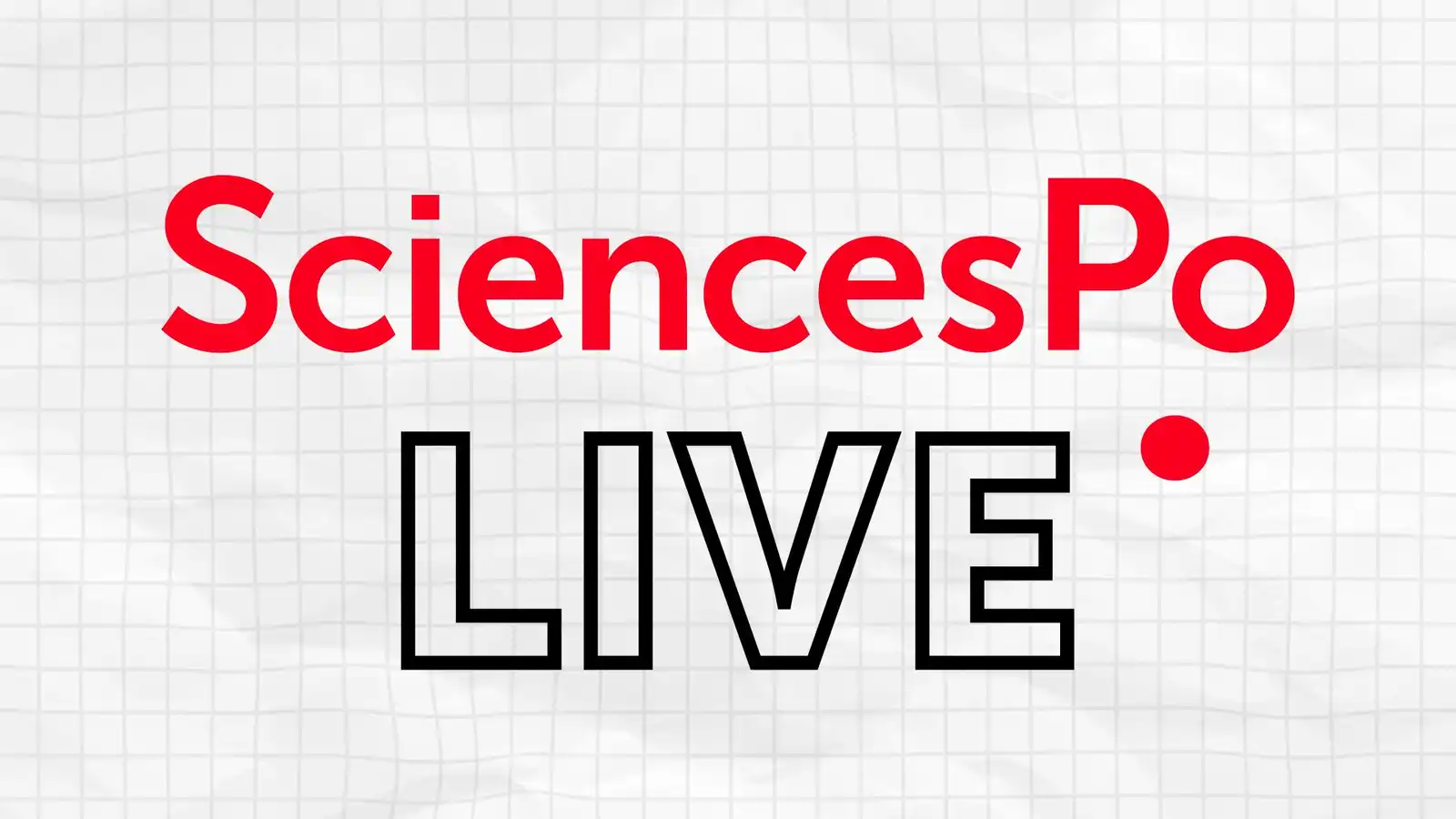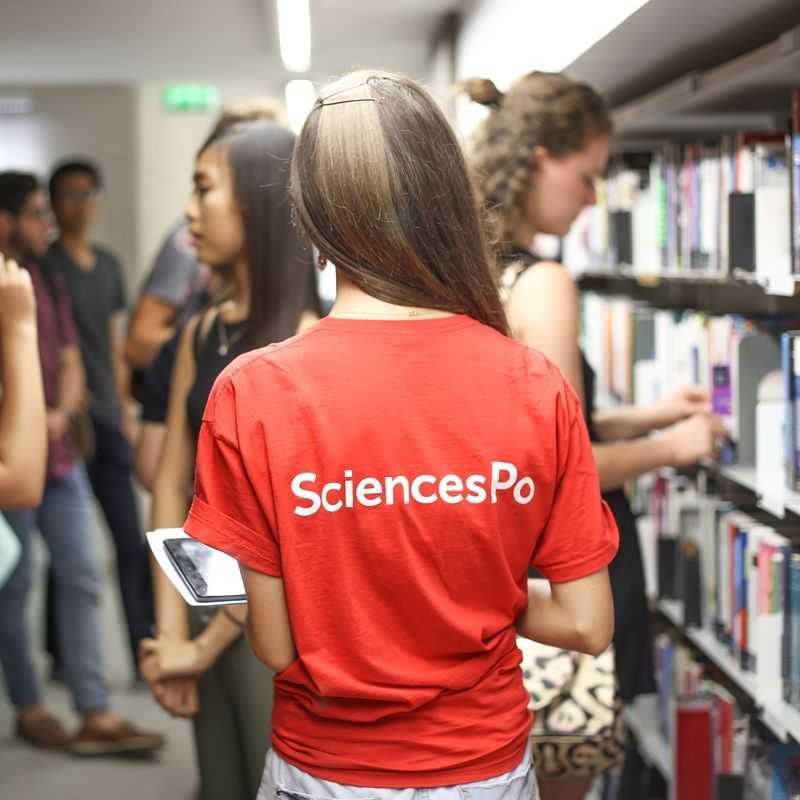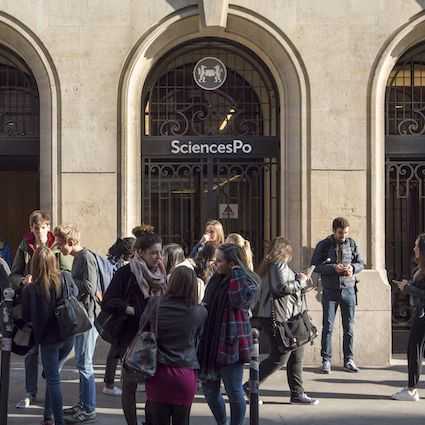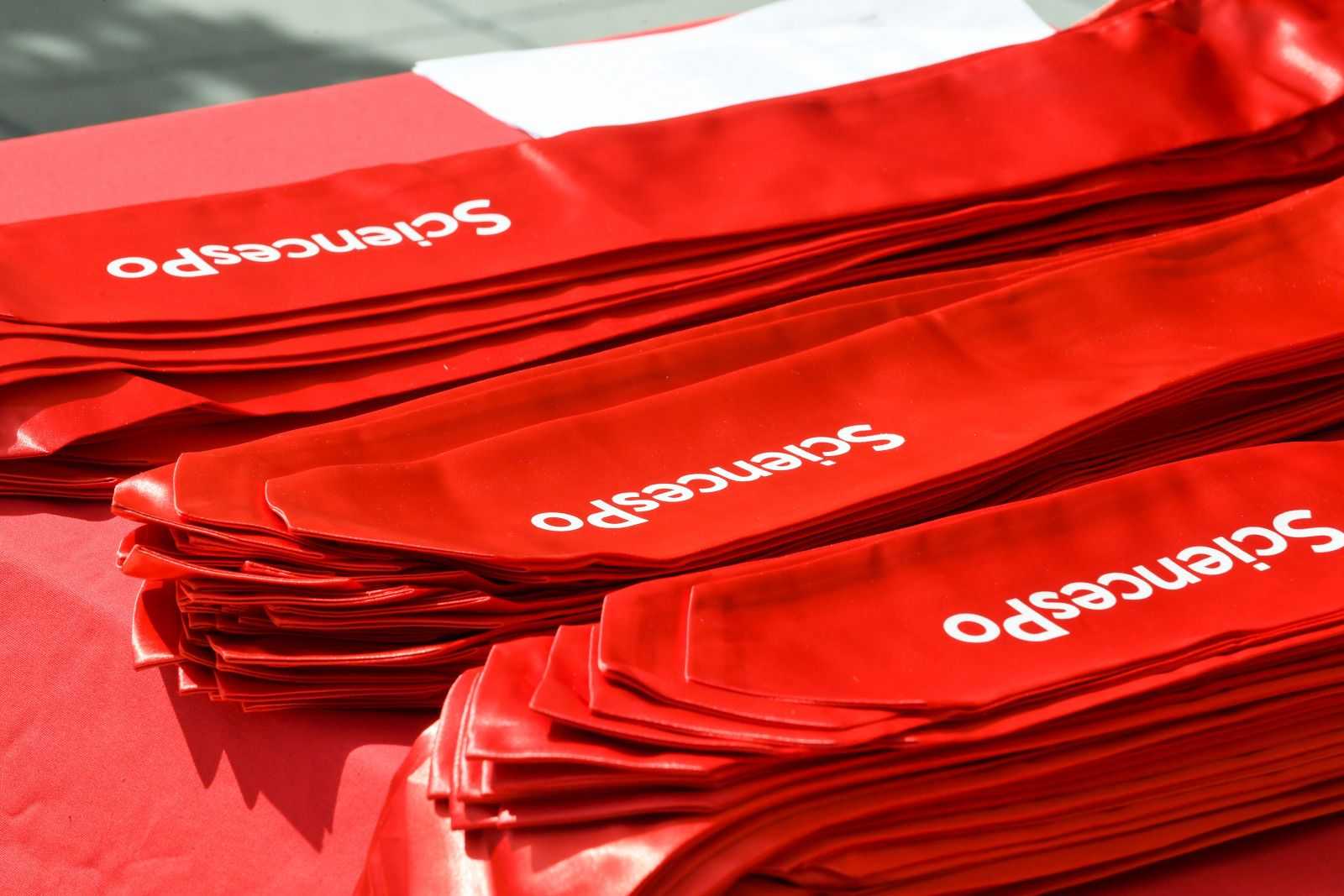
Home>Academics>Two-Year Master's Programmes>Master in International Business and Sustainability
Master in International Business and Sustainability
Two-year Master's
Programme in English
120 ECTS minimum
Information Sessions: Masters

Discover all the Master's programs and admissions procedures during our many webinars and YouTube Live dedicated to future applicants.
Objectives of the Master's degree
The Master's in International Business and Sustainability offers a top-notch generalist education to students who want to get involved in the business world and tackle contemporary issues related to sustainability.
Through a multidisciplinary approach combining theory and practice, social sciences, management sciences, and teaching related to sustainability, this program trains committed professionals capable of rethinking economic models to meet the challenges of a rapidly changing world and to contribute to the ecological transition through business.
The Master's program, starting in the 2026 academic year, will offer two distinct tracks, designed to meet the varied aspirations
and profiles of students:
- Economics and Innovation - This track prepares students to mobilize economic and financial tools to support sustainable
innovation. It incorporates the principles of responsible investment, impact assessment, and the transformation of economic models. - Business Administration & Marketing - This tracks trains future professionals to support the scaling up of innovative solutions and develop the activity of companies in a globalized context, in particular by mastering the levers of strategic marketing
Key points
- An international environment with students from diverse academic backgrounds from around the world.
- A solid background in economics and management, insights from the social sciences, and up-to-date teaching in the field of Sustainability.
- Innovative teaching methods combining theory and practice, with an emphasis on group work, oral and written communication, and case studies.
- Mandatory participation in an Impact project supervised by Impact Studio in collaboration with companies from a variety of sectors.
- The opportunity to specialize according to your preferences through the Economics and Innovation track or the Business Administration & Marketing track.
- The possibility of completing the second year as an apprenticeship.
- An excellent placement rate thanks to meetings with employers, alumni, and professionals.
- double degree with one of our partner universities: Bocconi University (Italy), Stockholm School of Economics (Sweden), University of St. Gallen (Switzerland), University of Pennsylvania Carey Law School (US), Fundación Getulio Vargas (Brazil).
- Privileged access to the Sciences Po Alumni network and the Centre for Entrepreneurship (incubator).
Programme
Our courses are taught by members of our permanent faculty and by professionals who are experts in their fields. The teaching combines theory and practice, with business cases, simulations, and a mandatory capstone project in partnership with our Impact Studio, starting in the first year.
The first two semesters combine social science courses focusing on major contemporary issues, particularly ecological and digital transition, with a foundation of fundamental and advanced management courses, coupled with courses on different theoretical approaches, strategies, and practices in sustainability:
- Managerial economics
- Environmental economics, international political economics, economics of innovation
- Accounting, financial analysis
- Quantitative methods
- Business strategy
- Marketing, Applied Marketing, Market Research, Sociology of Consumption
- Business Law, Environmental Law, and Human Rights Law
- Impact Investing, Sustainable Finance, Philanthropy
- Sufficiency, Innovation, and New Business Models
The third semester allows students to choose certain sectors and topics in line with their chosen course of study and professional goals:
- Impact investing
- Circular economy, functional economy, social innovation, and entrepreneurship
- Pricing, customer relations management, digital marketing, responsible marketing
- Supply chains and responsible purchasing
- Sustainable fashion, sustainable food
The fourth and final semester is dedicated to a mandatory internship (at least 14 consecutives weeks full-time) in France or abroad and the Grand Oral exam.
The program will offer an apprenticeship track (second year) starting in the 2026 academic year.
The gap year between the first and second years is optional but recommended. Through two six-month internships, it allows students to refine their career plans and boost their employability.
Course outlines
Course outlines for 2026-2027 will be available soon.
Campus
The Sciences Po Master’s programme in International Business and Sustainability is taking place on the Paris campus.
Admissions
Know more about the admission procedures of the Master in International Business & Sustainability.
Careers
The master’s program opens the door to a wide range of careers, both in France and internationally. Graduates hold strategic positions in companies, consulting firms, financial institutions, public and non-governmental organizations, in sectors as diverse as energy, fashion, food, mobility, and technology.
Access to the job market is facilitated through numerous events (breakfast meetings, after-work gatherings, forums, interview preparation, etc.) that connect you with current recruiters and entrepreneurs, ensuring an excellent placement rate.
Once graduated, students take on positions of responsibility:
- Sustainability Project Manager
- Chief Sustainability Officer
- Chief of Staff
- ESG Analyst
- Sustainable Finance Analyst
- Venture Capital Analyst
- Financial Analyst
- Product Manager
- Business Developer
- Head of International Partnerships
- Strategy Consultant
- Management Consultant
- Sustainable Strategy Consultant
- Circular Economy Advisor
- Head of Social Innovation,
Témoignages d'alumni
"My master's allows me to bring insightful thinking to the issues I face in my work." Read the full interview.
Chitraksh Sharma
“Something that attracted me the most to this master's because I could have a career in whichever field interested me” Read the full interview.
Geetanjali Sharma
"I enjoyed broadening my technical skills [...] while having in-depth intellectual reflection" Read the full interview.
Étienne Duriez
"I now sit at the intersection between technology, business and sustainability is right where I want to be" Read the full interview.
Thomas Gonda
Contacts
- Academic advisor: Félicité Gasparetto - Ph. +33 (0)1 45 49 54 07
- Scientific Director: Nicolas Coeurdacier
- Academic assistant: Carol Huron - Ph. +33 (0)1 45 49 52 77
- Admissions service




